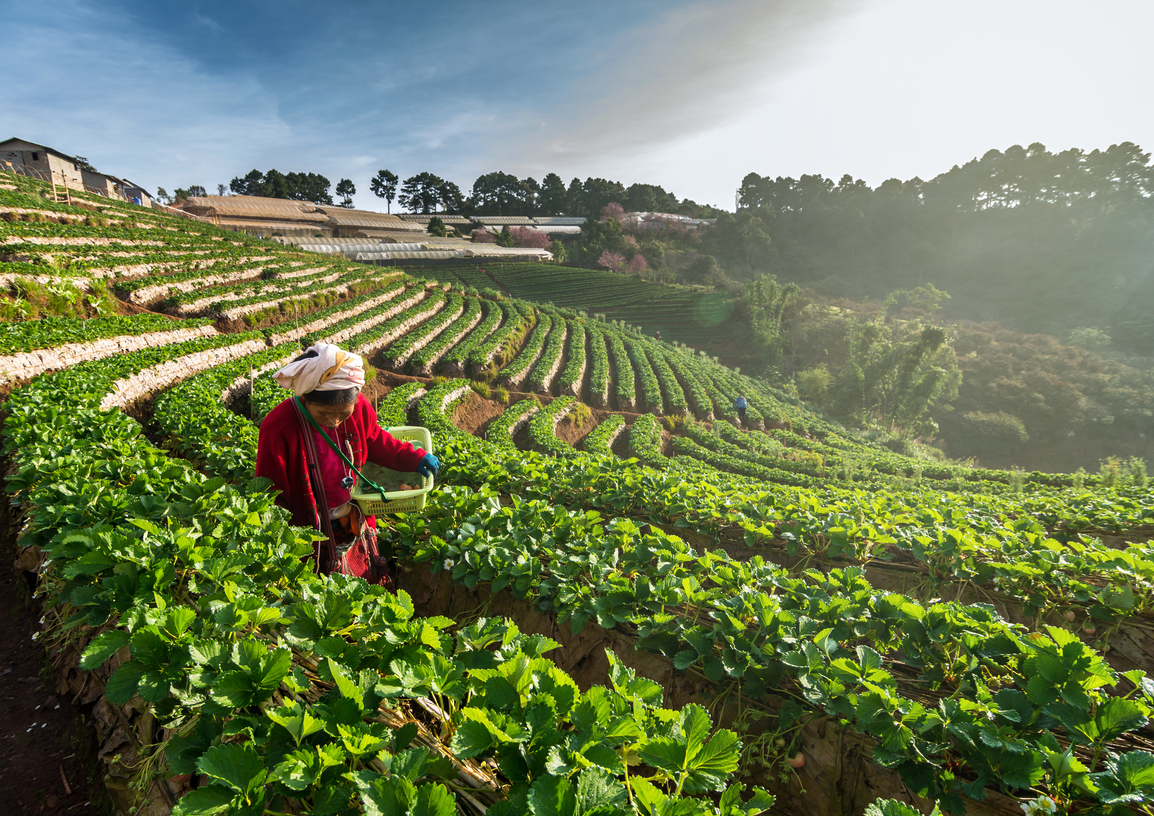Insights
The Importance of Agricultural Commodities
Rasya Azkha
•
2 minutes
read
•
Jul 17, 2025
Understanding the importance and variety of agricultural commodities, the position of these commodities in global markets varies depending on national consumption.

Understanding the importance and variety of agricultural commodities, the position of these commodities in global markets varies depending on national consumption. Agricultural commodities are essential to global trade, serving not only as the foundation of food supply chains but also as instruments of economic and political strategy.
As countries grow increasingly interdependent, the trade of essential goods such as rice, wheat, soybeans, and palm oil has become crucial for ensuring food security and meeting national consumption needs.
Beyond basic necessity, agricultural trade also fosters diplomatic relations and political cooperation, highlighting its role as both a survival mechanism and a tool of international engagement.
The Importance of Agricultural Commodities in Global Trade
Trading agricultural commodities between countries are essential for human survival, as these goods serve as raw materials for consumption. In certain circumstances, several East Asian countries such as Japan, South Korea, and Singapore rely on agricultural commodities imports, like wheat, to meet national needs.
Whilst countries like Saudi Arabia rely on imports to obtain the commodity, such as rice, which are not viable for local production due to extreme weather conditions. In other cases, nations like India favours imports over locally grown products, as agricultural commodities such as palm oil from Indonesia and Malaysia are more cost-effective.
Engaging in global trade also plays a crucial role in fostering diplomatic relations to maintain global peace. The correlation between global trade and peace can simply be understood through the ability of many countries to negotiate and reach agreements, reflecting mutual interest.
Moreover, global trade is frequently used to support broader political objectives and has become a common tool in international relations.
Factors Influencing the Trade of Agricultural Commodities
As mentioned previously, many countries engage in both the export and import of agricultural commodities to fulfill national needs while also serving broader political and economic interests. International trade in agricultural goods plays a vital role in ensuring food security, stabilizing markets, and supporting diplomatic relationships.
Beyond political considerations, several fundamental factors influence a country's involvement in agricultural commodity trade.
Climate and Geographical
These include climate and geographical location, which determine what crops can be grown efficiently and sustainably. Production capacity and access to modern agricultural technology also play a significant role, as not all nations can produce enough to meet domestic demand.
Transportation networks and Infrastructure
Additionally, transportation networks and infrastructure affect how easily and cost-effectively goods can be moved across borders. Finally, global demand trends, such as rapid population growth and shifting dietary habits, continue to shape trade flows, compelling countries to import what they cannot produce in sufficient quantity or quality domestically.
Politics
On the other hand, Political motivations play a significant role in agricultural trade decisions. Countries often utilize trade as a means to strengthen diplomatic ties, secure alliances, or exert influence over their trading partners. Exporting agricultural goods can enhance a nation’s global presence, while import agreements may be tied to political cooperation or foreign aid.
Government
Governments may also implement trade policies such as tariffs, quotas, or subsidies to protect domestic farmers or respond to international conflicts. In some cases, food exports or imports are used as leverage in negotiations or to maintain geopolitical stability in regions dependent on essential commodities.
Conclusion
In conclusion, agricultural commodity trade is far more than the exchange of food. It represents a complex global system influenced by necessity, geography, economics, and politics.
Countries depend on imports to fill production gaps or secure more affordable supplies, while exports help nations assert economic influence and maintain political alliances. The top-traded commodities like soybeans, wheat, and palm oil illustrate how interconnected our global food systems are.
Understanding the factors that influence this trade climate, technology, infrastructure, and political interests reveals its complexity and significance. As global demand continues to evolve, agricultural trade will remain a cornerstone of international cooperation and economic stability.





